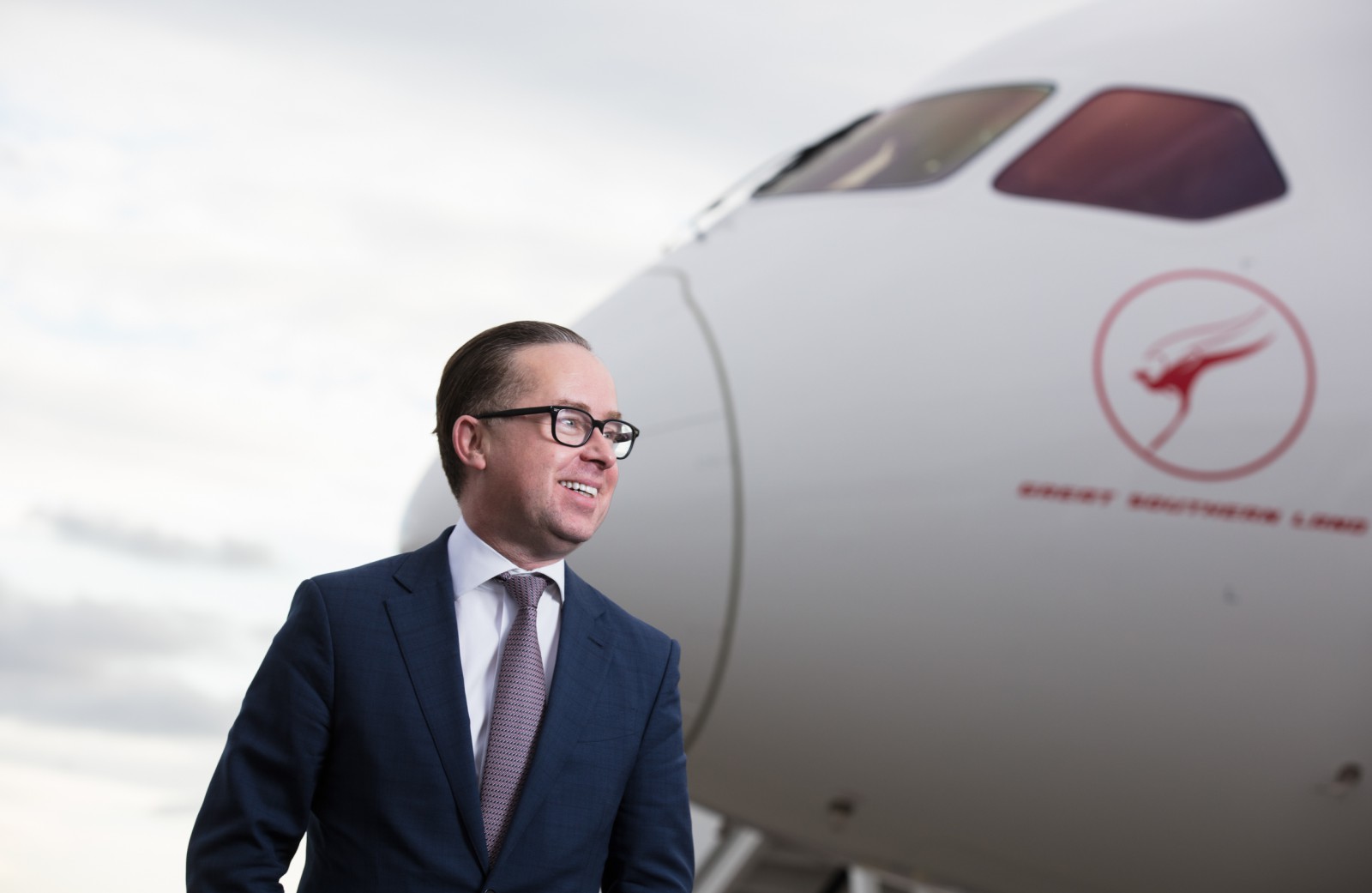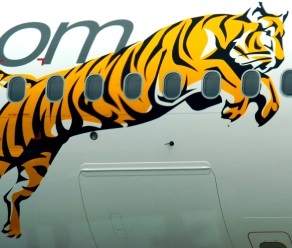Qantas sells Melbourne terminal, sees 'mixed' domestic demand
09 May, 2019
4 min read


Qantas has revealed a deal to sell its terminal at Melbourne Airport for $A355m as chief executive Alan Joyce said the carrier was set to make record full-year revenue and remains in “a fundamentally strong position” despite some slowing in domestic demand.
The Melbourne terminal sale will see the airline receive $A276m in cash this financial year with the remaining value to be accrued in future periods.
The transaction includes a 10-year access agreement for Terminal 1 with all aeronautical and retail assets transferring to Melbourne Airport.
But the carrier retains exclusive access to Terminal 1 — including lounges, for domestic services — and says options to operate off-peak international flights from the terminal are being assessed.
READ: Landfill-free Qantas flight highlights plan to slash waste.
The details were contained in a group trading update which showed third-quarter revenue increased 2.3 percent to $A4.4 billion compared to the prior corresponding period.
This was despite the shift of the busy Easter holidays into the fourth quarter of the current financial year.
The update did not include underlying profit figures but Qantas said group unit revenue was up by 4 percent and its share of corporate travel revenue had increased by 2.5 percentage points to its highest level in three years.
Unit revenue was also up in group domestic and international operations and Qantas Loyalty continued to see strong revenue growth.
Jetstar's international services had been heavily impacted in the third quarter by the timing of Easter but unit revenue had continued to grow and the broader Jetstar group had seen an 8 percent increase in ancillary revenue per passenger.
“The Group continues to perform well, with strength in key parts of our portfolio helping to hedge against headwinds in other areas,’’ Joyce said.
“Internationally, the outlook is positive and continues to improve. The long-term fleet and network changes we’ve made are delivering revenue growth, and total market capacity in the fourth quarter is contracting in response to higher fuel prices.
“Domestically, demand is mixed. The resources sector continues to grow and we’re capitalising on that with a lot of extra flying in Western Australia and Queensland.
“Leisure demand was very strong over Easter and is holding up well, and we’re pleased with our growing share of the corporate and small business segments.
“We’re seeing increased softness in parts of the domestic corporate market for May and June, particularly financial services, telecommunications and some areas of construction.
“Growth is also slowing in the small business market. We’ll have a better sense of how temporary this is after the Federal Election, which always has a dampening impact on travel demand.
“Overall, we expect the Group to achieve a record level of revenue this financial year and strong cash flow as we continue to deliver for shareholders, customers and our people.”
Commenting on the terminal sale, Melbourne Airport chief executive Lyell Strambi said the agreement was an important step that would ensure the ongoing commercial success of the airport's biggest customer.
He said the new arrangements, scheduled to start from July 1, would be phased in to minimize disruption to travelers and would include an enhanced retail offering.
"We've been very focussed on delivering a better passenger experience. First and foremost we want to improve efficiency and reduce the stress of travel, but our research tells us that today's passengers are looking for more,'' he said
"Better range and choice of what they eat and drink, and retail options to satisfy everything from travel essentials to luxury. With the certainty we can now give tenants, the first step will be to reopen a number of existing locations."
Other features will include the flexible use of parts of the terminal to allow it to swing to international operations.
Next Article
3 min read
Virgin gets nod for Tiger deal

Get the latest news and updates straight to your inbox
No spam, no hassle, no fuss, just airline news direct to you.
By joining our newsletter, you agree to our Privacy Policy
Find us on social media
Comments
No comments yet, be the first to write one.
